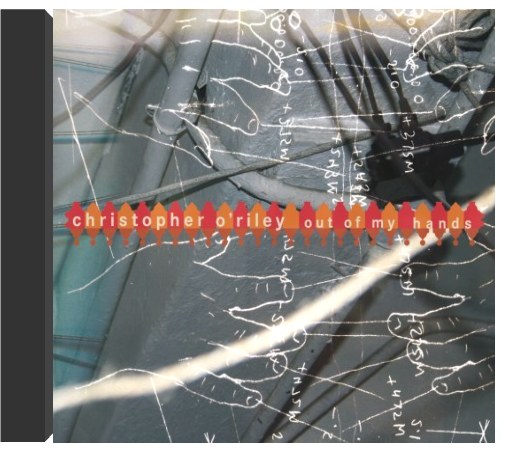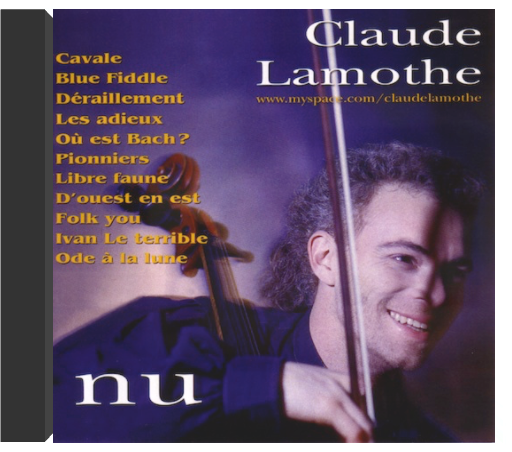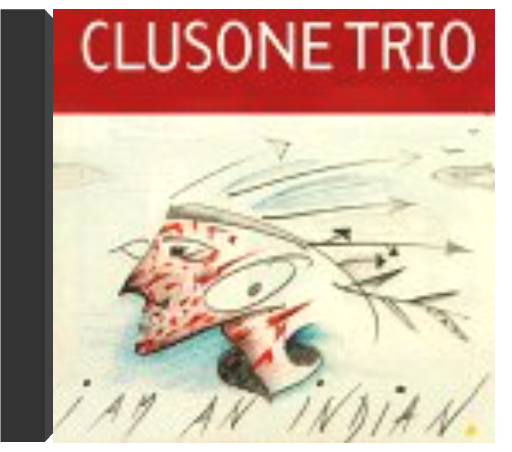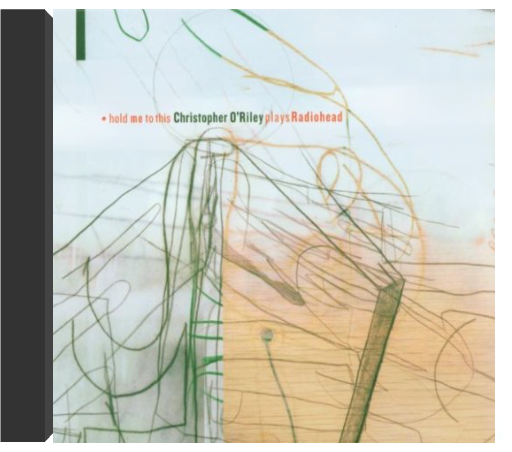 Hold Me To This: Christopher O'Riley Plays RadioheadChristopher O'Riley Hold Me To This: Christopher O'Riley Plays RadioheadChristopher O'Riley CHRISTOPHER ORILEY Hold Me to This - Plays Radiohead (2005 German 14-track CD album housed in a digipack picture sleeve and still factory sealed. Pianist Christopher ORiley has again became obsessed with the music of Radiohead & created virtuoso versions of their songs. A very listenable album which is guaranteed to provoke interest!) 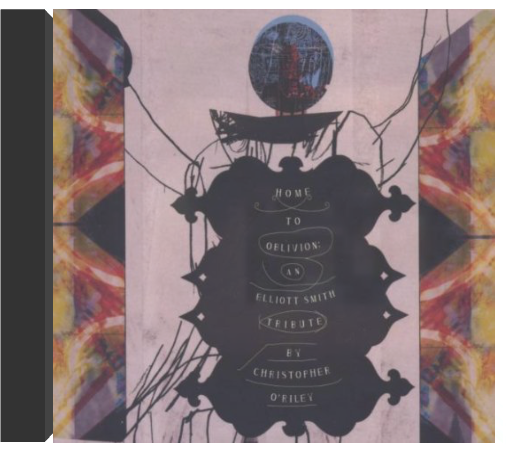 Home to Oblivion: Elliott Smith TributeChristopher O'Riley Home to Oblivion: Elliott Smith TributeChristopher O'Riley Christopher O'Riley has gained recent renown for his two albums of piano adaptations of Radiohead songs, Hold Me To This and True Love Waits. He successfully found the inner classical composer in Thom Yorke, and turned the art-rock group's ambitious songs into symphonic excursions for solo piano. O'Riley brings the same technique to bear on Elliott Smith, a singer-songwriter of considerably more fragile design but who still reveled in idiosyncratic song structures and dense arrangements. Like the Radiohead albums, this isn't Smith turned into Muzak. O'Riley probes the dark underside of Smith's lyrics instrumentally, with shrouded chord clusters and tonal washes. He'll often go toward the angular more than the melodic, fracturing songs sideways. The approach is challenging and sometimes oppressive. It's a relief when he emerges from a storm of overtones to an almost baroque minuet on "Coast to Coast." So goes it for most of Home to Oblivion, as O'Riley makes Smith's music his own. "Independence Day" comes off almost as a jaunty boogie-woogie in O'Riley's hands, while "Cupid's Tricks" is a delirious swirl with piano lines tumbling over each other against aggressive left-hand chord stabs. O'Riley finds echoes of Chopin, Mozart, and Satie in Smith's ruminations. I confess that I've not plumbed the depths of the Elliott Smith oeuvre as Christopher O'Riley has so lovingly and obsessively done. But I suspect that fans of the singer-songwriter might find this CD almost worth it just for the pianist's liner-notes meditation on the life and music of Smith, who committed suicide in 2003. —John Diliberto 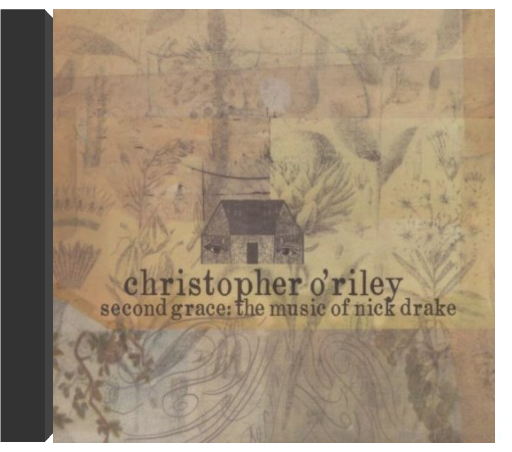 Second Grace: The Music of Nick DrakeChristopher O'Riley Second Grace: The Music of Nick DrakeChristopher O'Riley Pianist Christopher O'Riley again dances with the possibility of cliché and instead pirouettes into art. Second Grace: The Music of Nick Drake marks his fourth album of covers, joining his two CDs of Radiohead tunes (Hold Me to This and True Love Waits) and one exploring singer-songwriter Elliott Smith (Home to Oblivion). O'Riley is attracted to quirky composers and tragic writers, and Nick Drake, who died of an overdose at 26 after only three albums, fits both bills. Although Drake had a fondness for jazz voicings and odd chord changes, he was ultimately a more direct and simpler composer than Radiohead's Thom Yorke or Elliott Smith. O'Riley respects that in his interpretations. Whereas his previous albums often ventured into flights of unalloyed atonality, Second Grace feeds on the autumnal melodic lyricism that Drake pursued over the course of his three albums, Five Leaves Left, Bryter Layter, and, of course, Pink Moon, the title piece from which helped reignite interest in Drake's music when Volkswagen unearthed it for a TV spot in 2000. O'Riley doesn't attain that fragile, on-the-edge-of-disappearing voice that Drake had. Instead, he replaces it with the quiet reserve heard in the minimalist feel of "Riverman" and the breathy rhapsody on "One of These Things First." The lounge-jazz break in the middle of that tune seems like last call at Joe's Pub. A concert pianist, O'Riley often cites classical sources for inspiration in his arrangements, including Baroque composer Couperin in the lyrical treatment of "Introduction: Bryter Layter." As with his previous interpretations, I'm not sure that Second Grace would actually appeal to Nick Drake fans. Instead, it stands on its own ground, a passionate and obsessive hymn to a lost voice. —John Diliberto 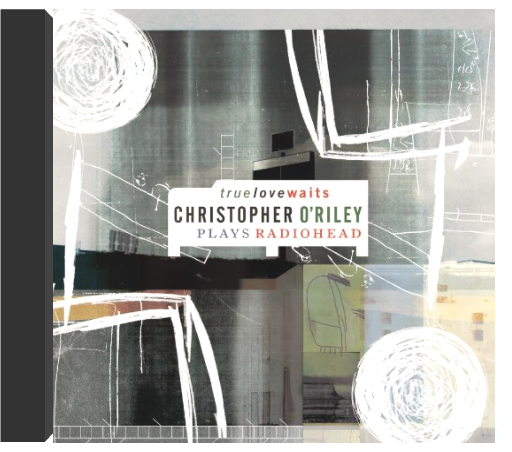 True Love Waits: Christopher O'Riley Plays RadioheadChristopher O'Riley True Love Waits: Christopher O'Riley Plays RadioheadChristopher O'Riley CHRISTOPHER ORILEY True Love Waits - The Music Of Radiohead (2003 US 14-track CD album described as groundbreaking music of Radiohead re-imagined for solo piano by Christopher Riley! Pianist Christopher ORiley became obsessed with the music of Radiohead & created virtuoso versions of their songs. A very listenable album which is guaranteed to provoke interest! Picture sleeve) 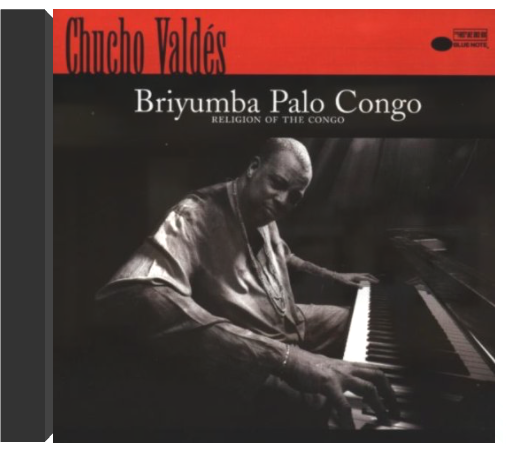 Briyumba Palo CongoChucho Valdes Briyumba Palo CongoChucho Valdes Chucho Valdés's piano-led recordings are studies in musical tension and dialogues. On Briyumba Palo Congo, he enlists a pair of percussionists, and Raúl Pineda Roque, the trap drummer, shares with Valdés a smolder that turns to conflagration when their tense interplays burst. Of course much of the fire is locked into the percussion dialogues where patterned drumming inspires improvisation amid fairly strict rhythmic controls. Valdés runs away from the pack in spots, shuffling across the keyboard leaving a wake of chromatic color. Roque does the same, exploding on his drums in fits of even tempos and being tugged back into the Cuban rhythmic rumble promptly by Roberto Vizcaíno Guillót's conga and batá drums, if not Valdés's own hyperimaginative harmonic runs. This is certainly not as flashy as Gonzalo Rubalcaba's dazzling explosions, and with the title suite's choral and vocal exclamations, it's rooted much more solidly in Afro-Cuban traditions. With his medium-hot pacing and his ability to blow solos wide open, it's clear that Valdés's years in Irakere barely prepared the ears for piano work of this magnitude. —Andrew Bartlett 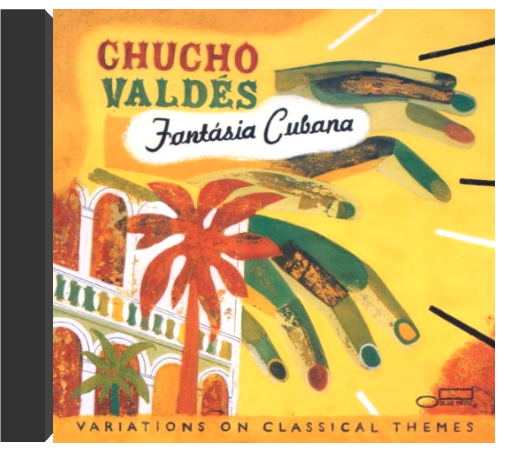 Fantasia Cubana: Variations on Classical ThemesChucho Valdes Fantasia Cubana: Variations on Classical ThemesChucho Valdes Chucho Valdés—son of the great pianist Bebo Valdés, leader of the Cuban supergroup Irakere, and a Grammy Award-winning artist—is one of the most acclaimed musicians from Cuba. This CD highlights the third dimension of his talents and shows off his classical chops. Trained by Zenaida Romeu, Cuba's answer to Nadia Boulanger, Valdés's Liszt-like technique, sprinkled with dashes of Art Tatum and McCoy Tyner, explodes on the CD's 14 tracks, which includes works by Ravel and Debussy. On "Chopin: Three Faces of Lecuona" and "La Comparsa," which also pays tribute to the great Havana composer Ernesto Lecuona, Valdés's technique is matched by his lyrical ideas. Of his own compositions, the Afro-pulsed "Wakamba" best shows how Valdés's jazzy, percussive touch transforms the classical idiom into something like a New World of keyboard complexity. —Eugene Holley Jr. 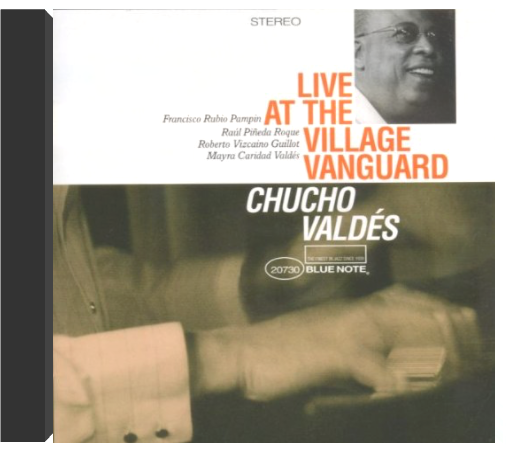 Live at the Village VanguardChucho Valdes Live at the Village VanguardChucho Valdes Put the force of McCoy Tyner, the superhuman keyboard agility of Art Tatum, and the delicacy of Erroll Garner into a 6-foot-4 Cuban-born frame, and you'll get Jesus "Chucho" Valdes, one of the greatest piano players on the planet. For three decades, Valdes led the Cuban superband Irakere, with Paquito D'Rivera and Arturo Sandoval. But in the last few years, Valdes has been spotlighting his pianistic prowess in small combos such as the quartet he led during a spirited stint at the legendary Village Vanguard in 1999. Backed by a young group of Cuban musicians—drummer Raul Pineda Roque, percussionist Roberto Vizcaino Guillot, and bassist Franciso Rubio Pampin—Valdes turns the piano into a hurricane of melody, harmony, and rhythm. Valdes's masterful manipulations of African American jazz and Afro-Cuban rhythms ring through on the supersonic tempo of "Anabis," the frenetic bebop licks on the tribute "To Bud Powell," and the Thelonious Monk-like block chords on the midtempo "Son XXI (Para Pia)." As an arranger, Valdes ingeniously reworks old Cuban standards such as "The Peanut Vendor" and "Que Bueno Baila Usted" into his own Caribbean-charged compositions, "Punto Cubano" and "Como Traigo La Yuca." Another island gem, "Drume Negrita," is redone with a funky swing capped by the vibrant vocals of the leader's sister, Mayra Caridad Valdes. The climax of this stirring set is "Ponle La Clave," Valdes's atmospheric African drum celebration that percussively points to the motherland that birthed Cuba's folkloric fusions. Valdes's tender "Encore— Lorraine's Habanera," named for the Village Vanguard's owner—gently brings the eager and amazed audience back to Earth. —Eugene Holley Jr. 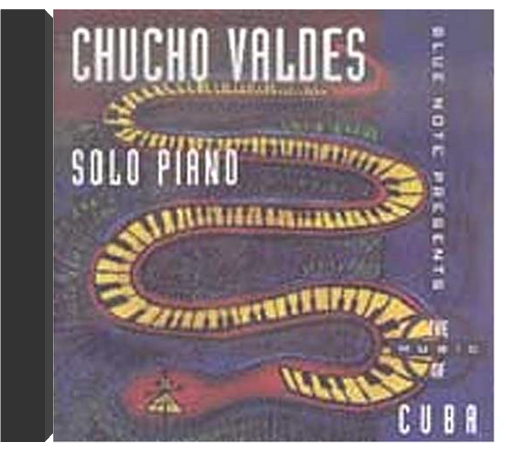 Solo PianoChucho Valdes Solo PianoChucho Valdes No Description Available. 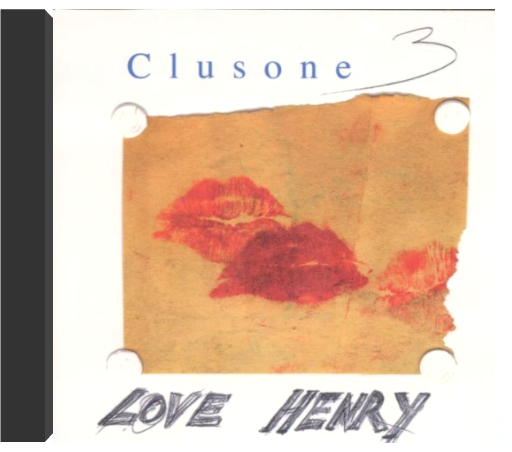 Love HenryClusone Trio Love HenryClusone Trio Amsterdam's Clusone Trio—Michael Moore, Ernst Reijseger, and Han Bennink—are quite simply one of the best jazz trios playing today. The group's mixture of improvisation and dissected cover tunes reveals a diversity that few jazz ensembles have achieved. On Love Henry, the trio covers everything from Kurt Weill's "Bilbao Song" to "White Christmas." And there's plenty of room for solo improvs, especially by cello virtuoso Reijseger, and Bennink, one of the improv scenes most powerful, craziest drummers. Of all the Clusone Trio's albums, this is the best representation of their amazing live playing. Few records swing this hard. —Jason Verlinde |
 Made with Delicious Library
Made with Delicious Library

